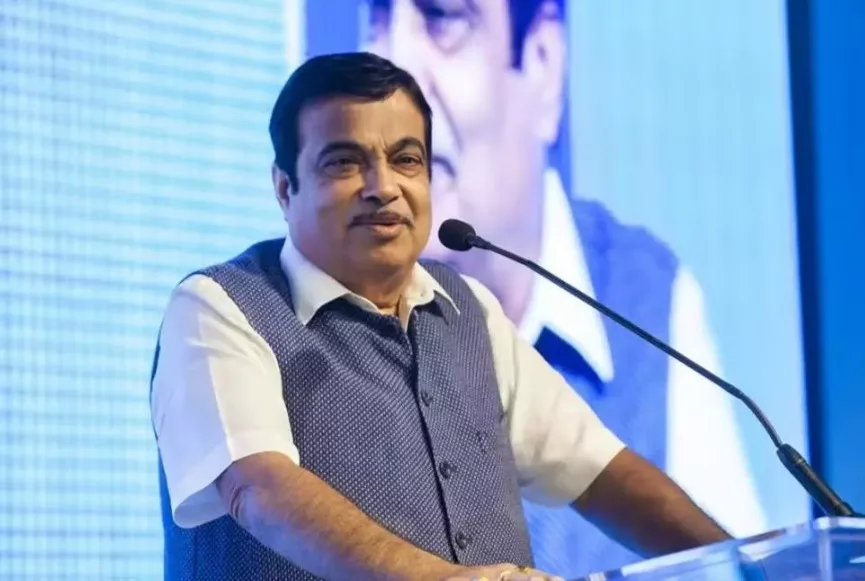India Set to Become 1st Automobile Manufacturing Hub, 3rd Largest Economy by 2029: Nitin Gadkari

India Set to Become 1st Automobile Manufacturing Hub, 3rd Largest Economy by 2029: Nitin Gadkari
Nitin Gadkari, the Union Minister of Road Transport and Highways, has set ambitious goals for India, predicting that the country will emerge as the top automobile manufacturing hub by 2029 and become the third-largest economy within the next five years announced at Global Business Summit 2024
Emphasizing the pivotal role of robust infrastructure, efficient water and power supply, advanced transport, and seamless communication in fostering capital investment, industrial growth, and agricultural development, Gadkari outlined key focus areas for the government.
The minister highlighted the need for a world-class road network, a transition to alternative fuels, and a reduction in logistics costs to achieve these objectives. Gadkari expressed confidence in the potential contribution of the automotive industry to India’s economy, stating that the sector, with its diverse product range and major players, would play a significant role in making India self-reliant (Atmanirbhar Bharat) and propelling it to become the world’s third-largest economy.
Gadkari also revealed plans to match India’s national highway network with that of the USA by the end of 2024. The Ministry of Road Transport and Highways is currently working on the construction of 36 expressways to shorten travel times between major cities. The minister predicted that by the end of 2024, India’s logistic costs would reduce to around 9%, resulting in a substantial increase in exports.
In addition to the economic vision, Gadkari expressed confidence in the politics of progress and development, anticipating a majority win for the NDA alliance in the 2024 general elections. He asserted that, under the leadership of Prime Minister Narendra Modi, the government would continue to prioritize development, and voters would support initiatives based on merit rather than factors like caste, creed, sex, religion, or language.









